Dallas’ gayborhood is buzzing about two new residential towers planned along Cedar Springs Road.
The high-rises would be built in the surface parking lots behind the gay bars on that side of Cedar Springs — JRs, TMC, Sue Ellen’s, S4, and Woody’s. The developer said that it would replace the surface lot parking and provide the bars with a medium-term lease.
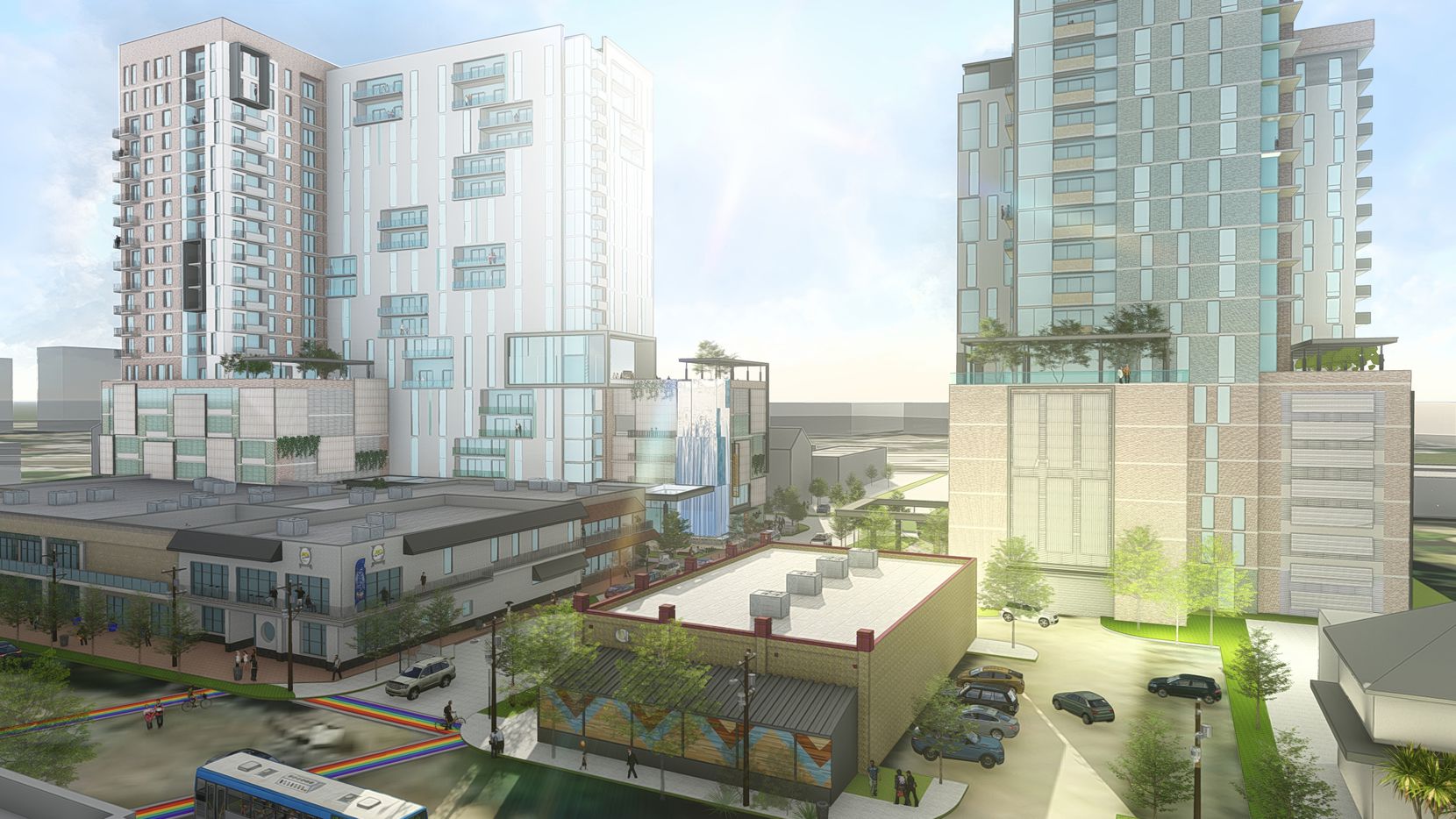
Proposed new highrises in Dallas’s gayborhood. (GDA Architects )
Of course many people are exercised about change – the two primary complaints being increased prices and parking.
Both concerns seem misplaced.
Regarding pricing
I have a hard time understanding the complaints about the development “increasing prices” in the neighborhood.
- The proposed apartments will replace surface parking lots, thereby not impacting any existing housing.
- Additional rental units in the area will only suppress rental prices in the luxury market – competition is fierce and most new buildings have had to offer rent specials since opening.
- Pricing for the newer buildings hasn’t changed much since I moved here for the first time in 2014 – and rents have actually gone down in the former Ilume and Ilume Park buildings.
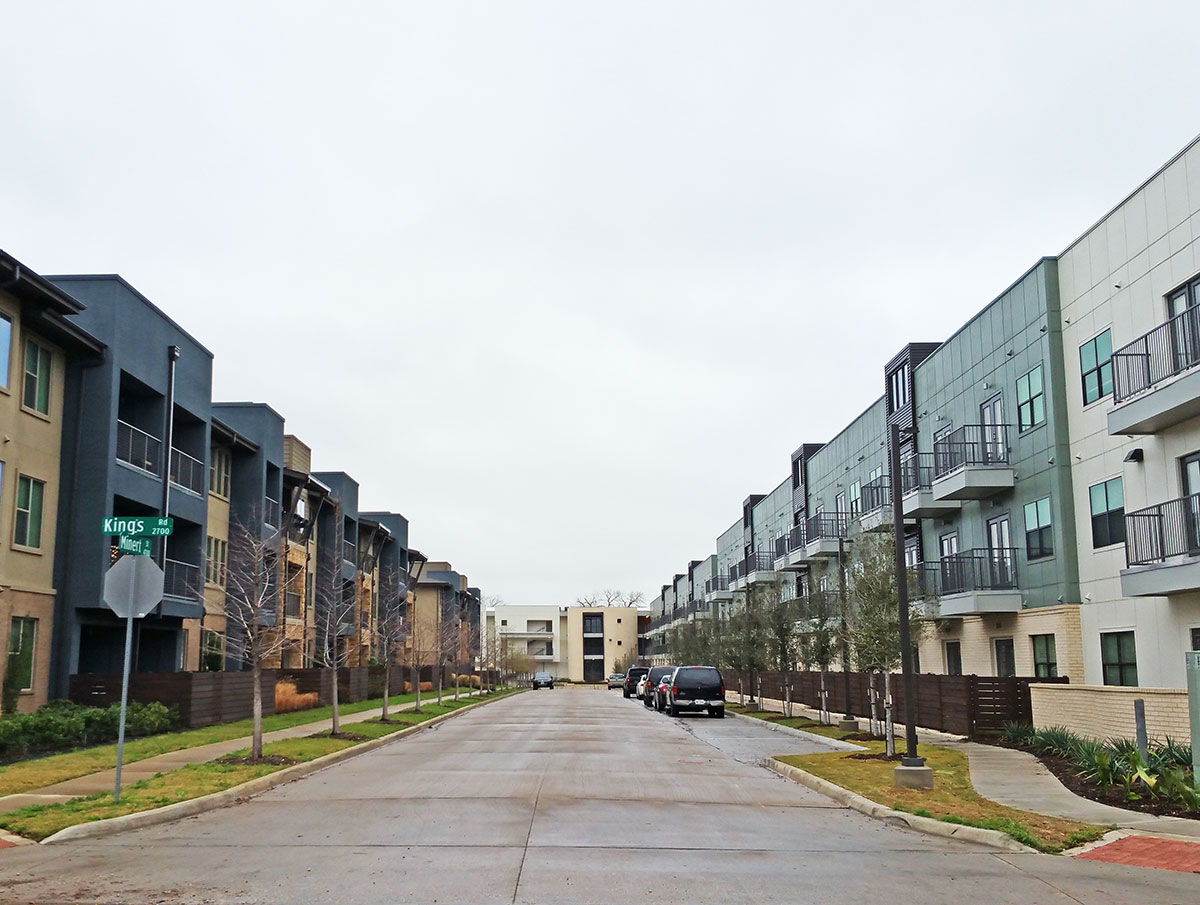
New apartment buildings near the Medical District of Dallas
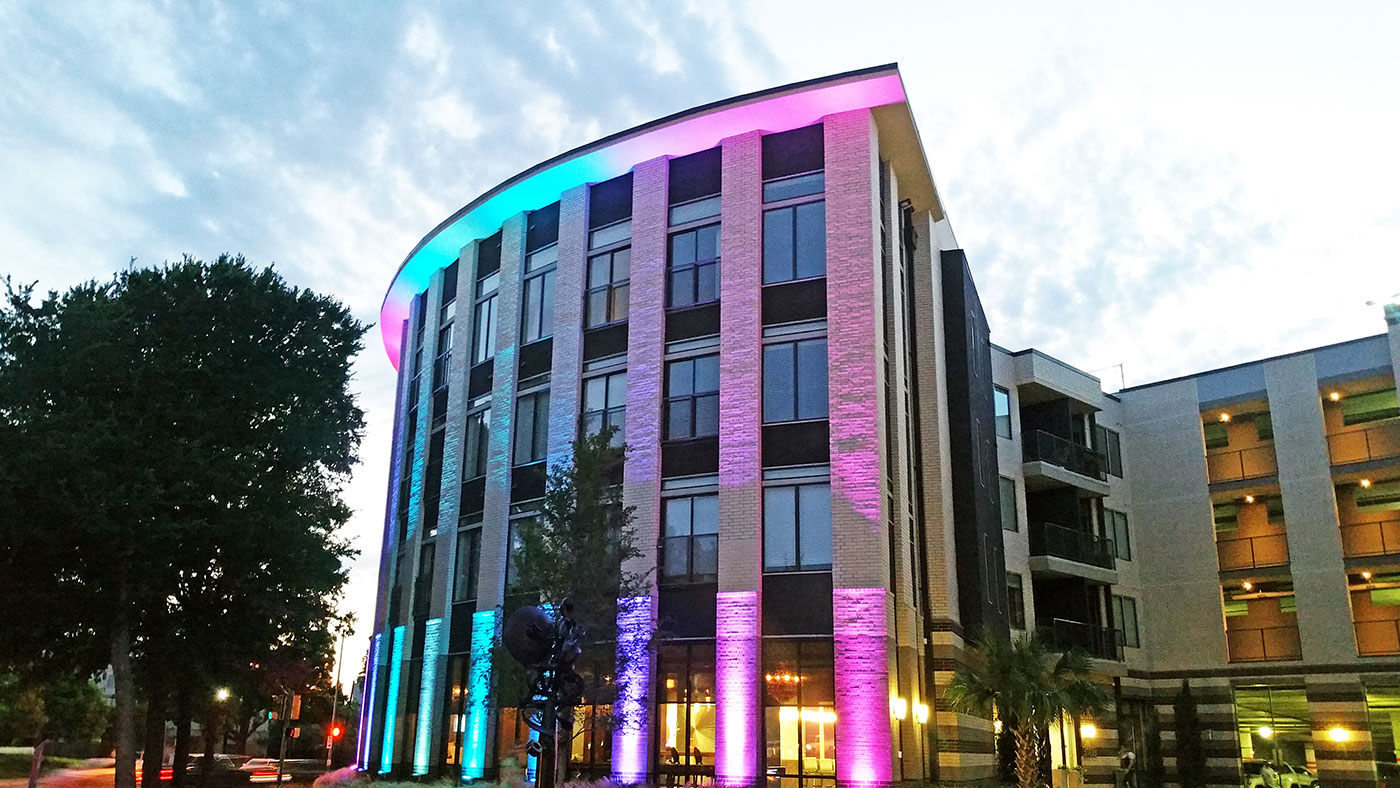
iLume Park Lobby off of Cedar Springs – it’s closed.
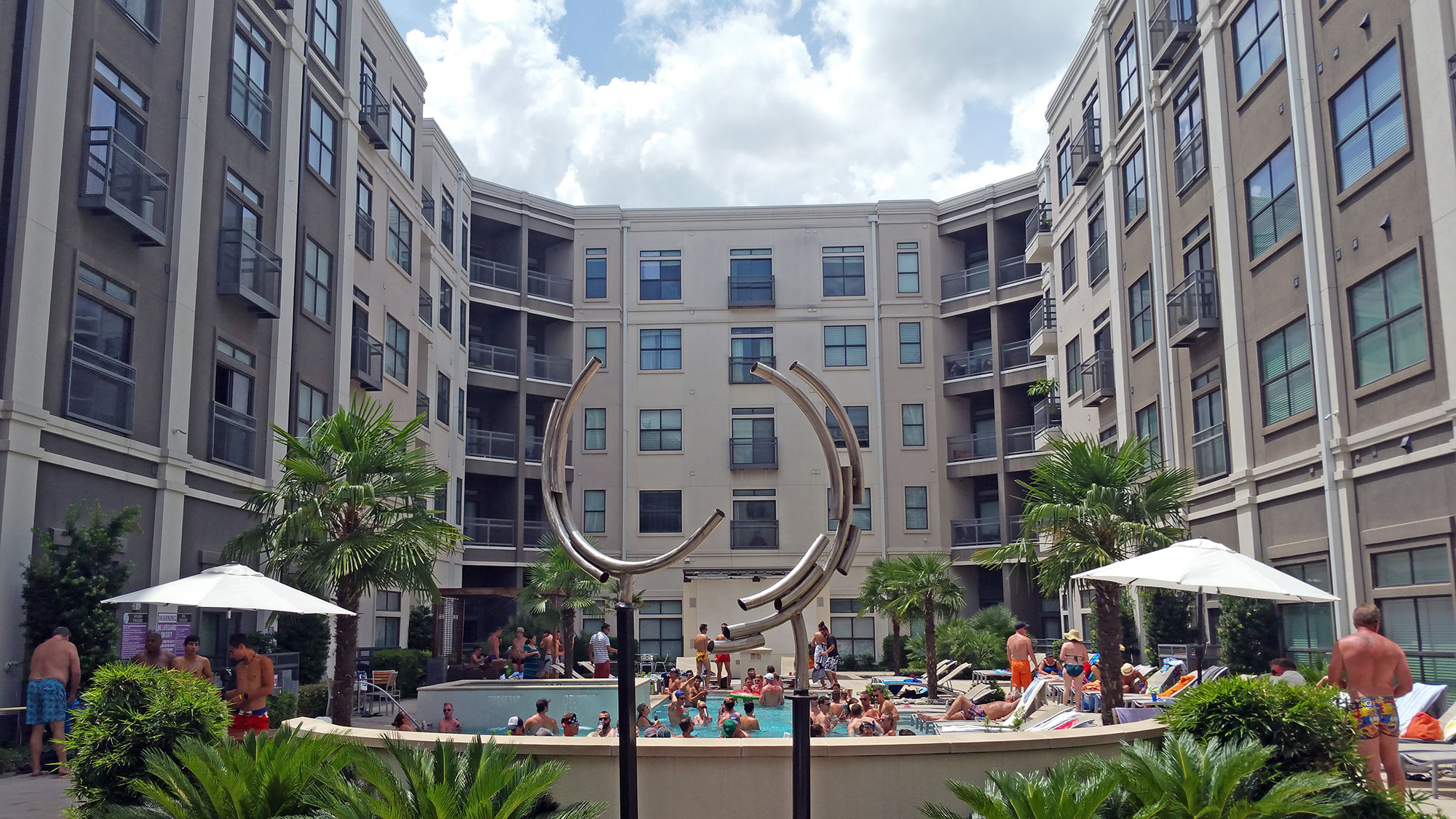
The iLume pool party on Independence Day weekend.
The concerns about rent increases ignore the realities of today’s Oak Lawn
Most of the older two-story apartment buildings near Cedar Springs/Throckmorton are already gone or undergoing renovations. The biggest threat to the existing “affordable” rental stock are the luxury townhome developments that don’t get anywhere near the attention of these flagship developments.
Finally, we are talking about a very small portion of the larger Oak Lawn neighborhood – making the central gay district more desirable to live in is only going put downward pressure on pricing elsewhere in the neighborhood, particularly on the other side of the highway.
You know, that area with a massive empty field that use to contain affordable housing?
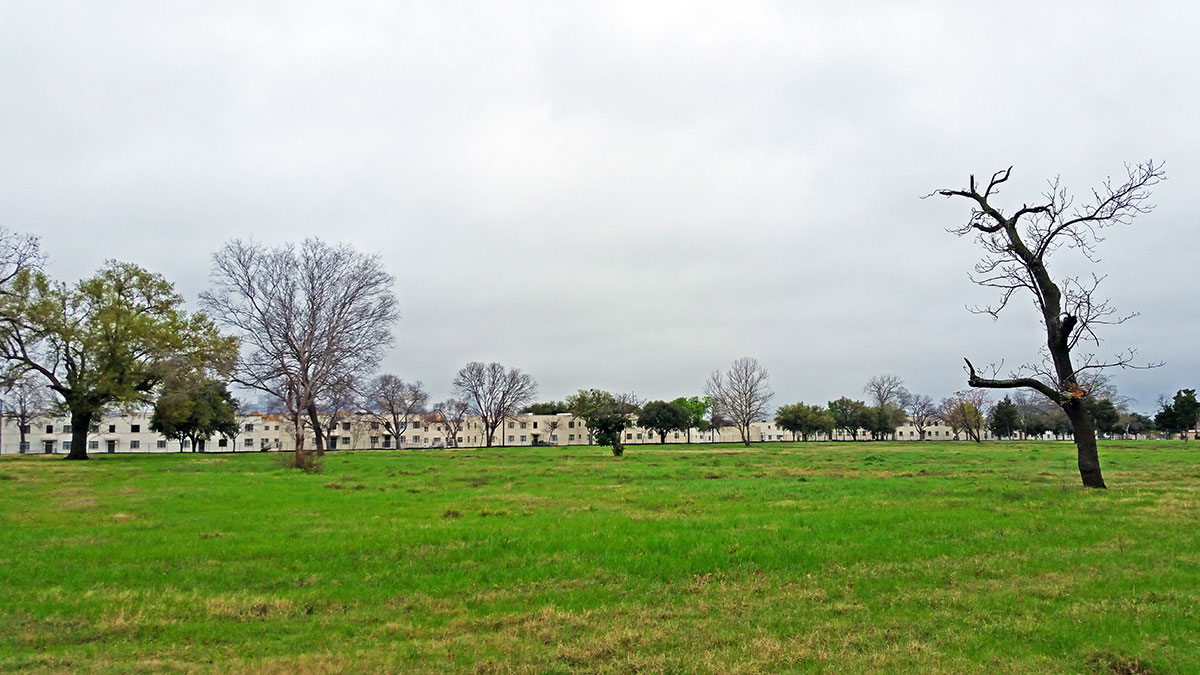
The open field at the former site of Cedar Springs Place, Oak Lawn.
If we really cared about affordable housing in Oak Lawn, that would get more attention than new developments on surface lots.
Regarding parking
This seems like a distinctly-Dallas complaint. No one is entitled to free parking immediately behind a bar/nightclub – this is laughable in most other cities.
Plus, the developer said that it would replace the existing parking. Maybe the presence of a pay-garage will encourage more use of rideshares or public transit…or people will have one less cocktail because of the parking fee.
Either way, this neighborhood already has a huge drunk driving problem that may actually improve if parking is less convenient. Perhaps people will consider moving into the core neighborhood instead of driving.
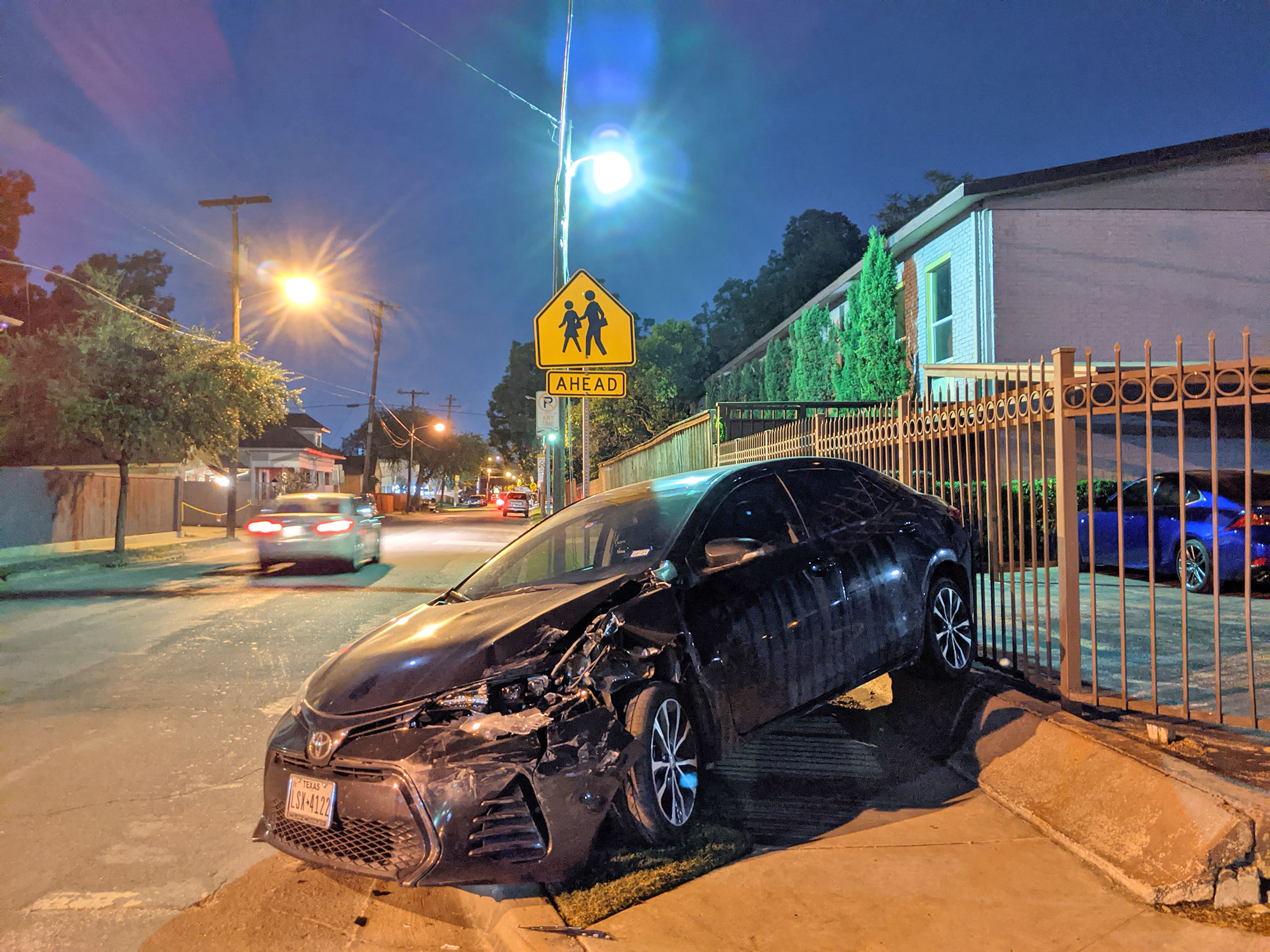
A weekend car accident in Oak Lawn, Dallas.
Again, the bar operator decided that it was financially unsustainable to have massive surface lot behind its establishment. Don’t blame the developer for that.
There goes the gayborhood?
The biggest thing that seems missing from the conversation is an understanding that the gay bars in the neighborhood are businesses, not community organizations.
The bar operator made the financial decision to sell its property – an indication that the status quo is not working. Although this appears to be a gamble that could imperil the long-term survival of those bars, presumably the bar operator decided the sale makes financial sense for its shareholders.
Maybe the possibility of getting forced out by a landlord was better than falling behind on property tax bills? Who knows? This solution is better than what happens in most cities where a gay bar abruptly closes and gets turned into townhomes.
Importantly, we are not entitled to freeze time and keep things the same way that they were in our early 20s.
Gay bars in cities across the country are increasingly no longer cheap venues in undesirable neighborhoods. A developer’s willingness to invest high-rise apartments abutting gay bars is a sign of the success of the community, not a threat.

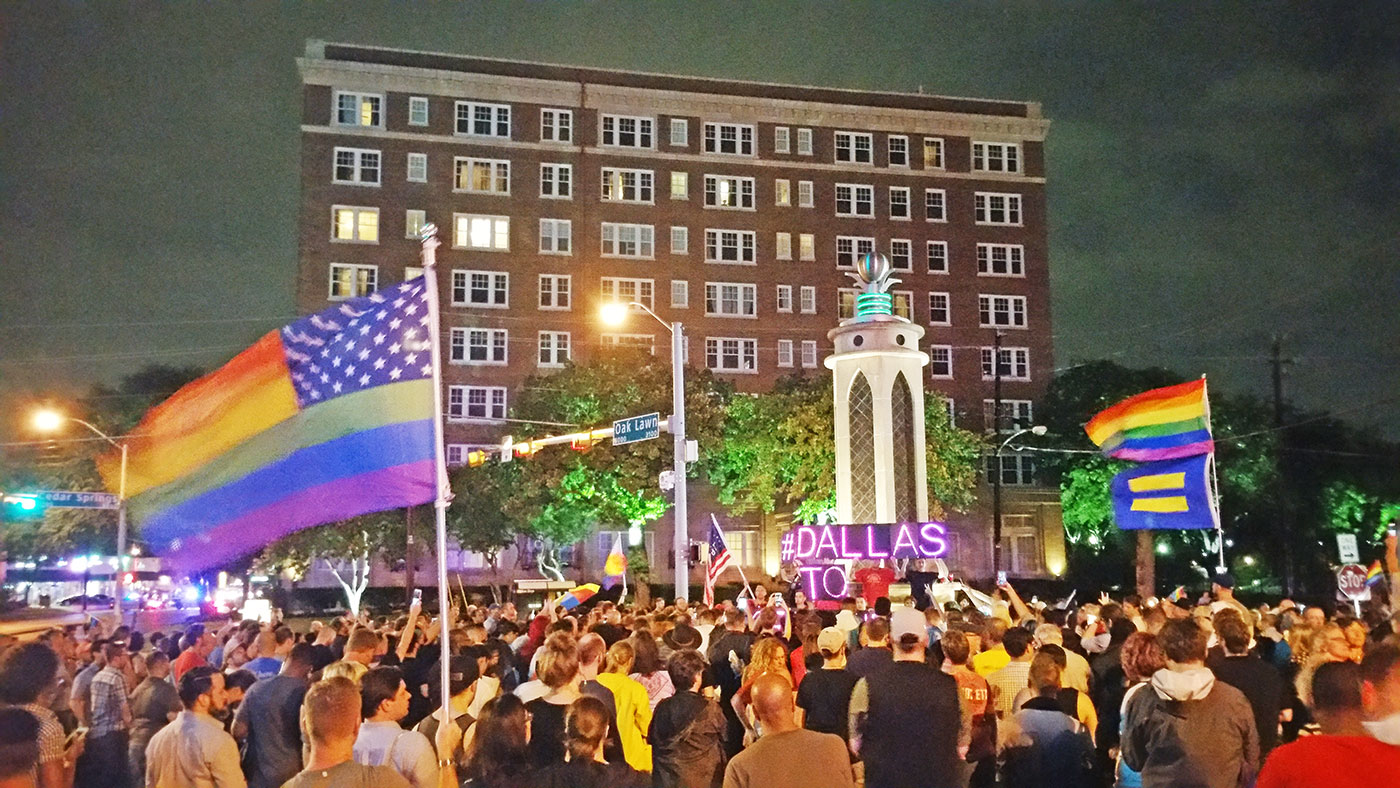
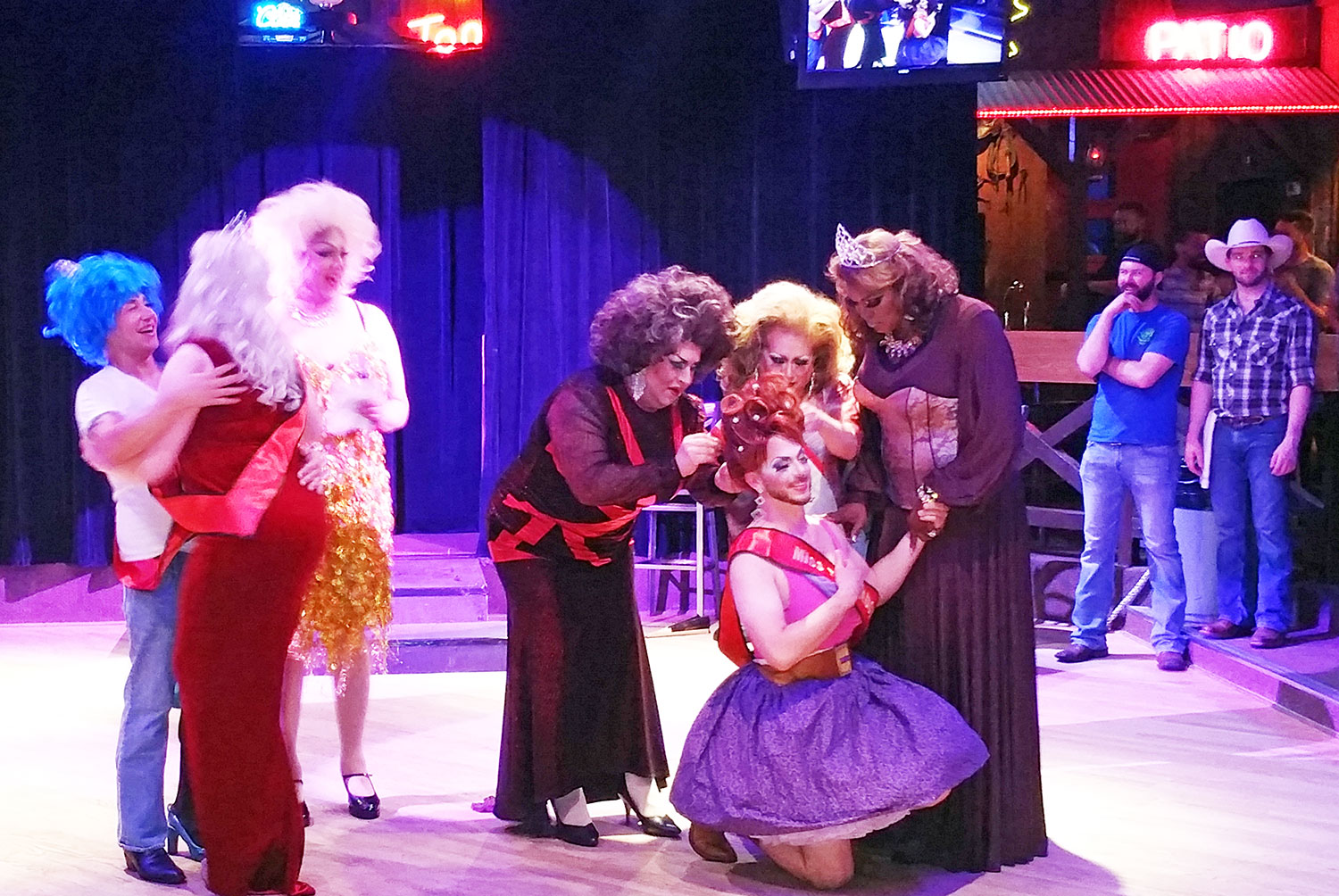
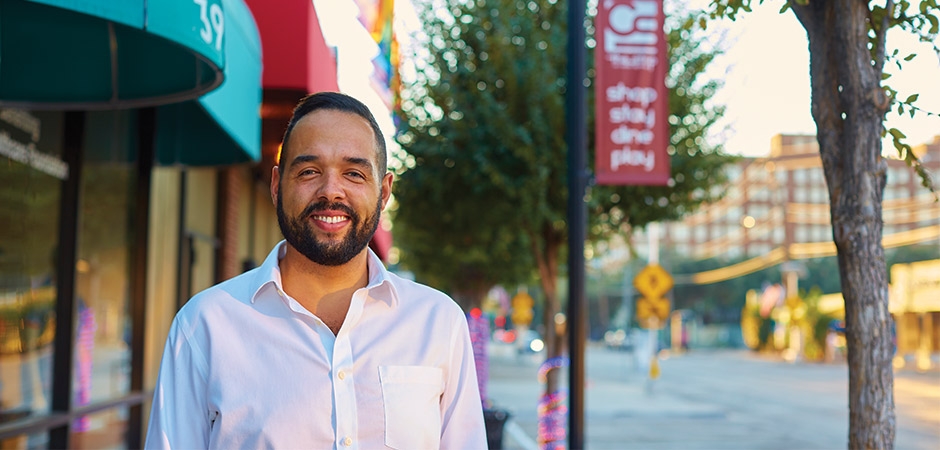
No Comments